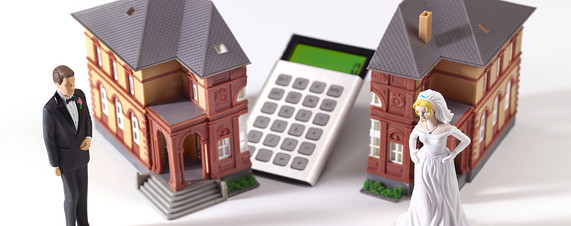
An inheritance had enabled Karen and Mike to buy a second home – a weekend apartment in Bath. It proved to be a perfect bolt hole for Mike to spend some time after Karen announced she wanted to end their 20 year marriage. But when divorce proceedings were begun a year or more later, both were shocked to discover that special rules could result in a capital gains tax payment arising on the transfer of the apartment.
Karen and Mike are among a growing number of divorcing couples who have been in long term marriages (increasingly know as Grey or Silver Divorces), that I have seen in the course of my practice as a family and divorce solicitor in Bath and Bristol. They have either brought more than one property into their marriage, or simply bought additional properties during the course of their marriage. Consequently, the number of properties the divorcing couple own can consist of more than just the matrimonial home.
Dividing these properties up as part of financial settlement may involve the divorcing couple transferring their interest in a property to one another or, alternatively, selling it. The disposal can result in Capital Gains Tax arising.
In their Guidance, HM Customs and Revenue offer a useful introduction to the situation where there is a need to transfer assets between a separated couple. They explain that it depends on when the transfer takes place and requires the compilation of information about each property to include (but not limited to) the original purchase price and date, any subsequent expenditure, and whether any of the parties lived or elected that property to be their principal primary residence.
In their divorce proceedings, Karen and Mike adopted the dispute resolution process known as Collaborative Law Practice. By doing so they were able at a face to face meeting between them, myself and another collaborative family solicitor, to discuss how best to secure the necessary tax advice and then to use it to limit the negative impact that the tax might otherwise have had on their settlement.

